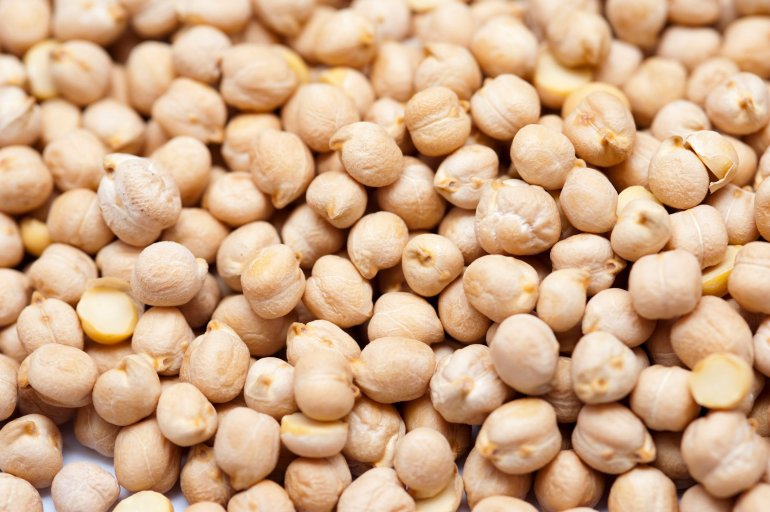Global Pulse Confederation, a nonprofit organization focused on the pulse industry supply chain (including peas, lentils, and chickpeas), has indicated that the global supply of chickpeas is expected to drop by as much as 20 percent this year, reports Reuters.
The supply of the crucial ingredient in hummus, a popular dip in the U.S., has been impacted by poor weather conditions and the war in Ukraine. Government data reveals that domestic farmers have been forced to plant fewer related crops this year as poor weather hampered the spring planting season, causing other farmers to prioritize more lucrative cash crops. The U.S. is the fourth largest exporter of chickpeas, causing this issue to lead to global consequences.
As a result of the war, Ukraine was unable to seed its chickpea crop, removing 50,000 tons of the product which is typically directed to Europe.
"When the Russia-Ukraine war broke out, the [chickpea] demand boomed," Jeff Van Pevenage, CEO of Columbia Grain International, grain and pulse merchandiser and supplier, told Reuters. "We saw strong demand from China, then it was calls from customers in Pakistan and Bangladesh."
Both crop-related issues are further coupled with top buyers from South Asia and the Mediterranean, two areas where chickpeas have a staple location in cuisines, attempting to buy up the declining domestic legume stock.
Supply chain issues have also affected chickpea trade: ocean vessel-related backlogs in the Pacific Northwest have forced grain merchants to opt for more expensive commodity transportation via railcar; moreover, overburdened train lines have caused the product to arrive at ports after their ships bound for overseas have set sail.
Trade data and pulse industry consulting company Shree Sheela International have indicated that the global demand for chickpeas is far surpassing the supply, and the gap does not seem to be closing. Turkey recently issued an export ban, and crops in Mexico and Australia have been further affected by weather issues. Full Story
Related: Growing Crops in Plastic May Impact Weather; FDA Takes Steps to Support Continued Formula Imports

